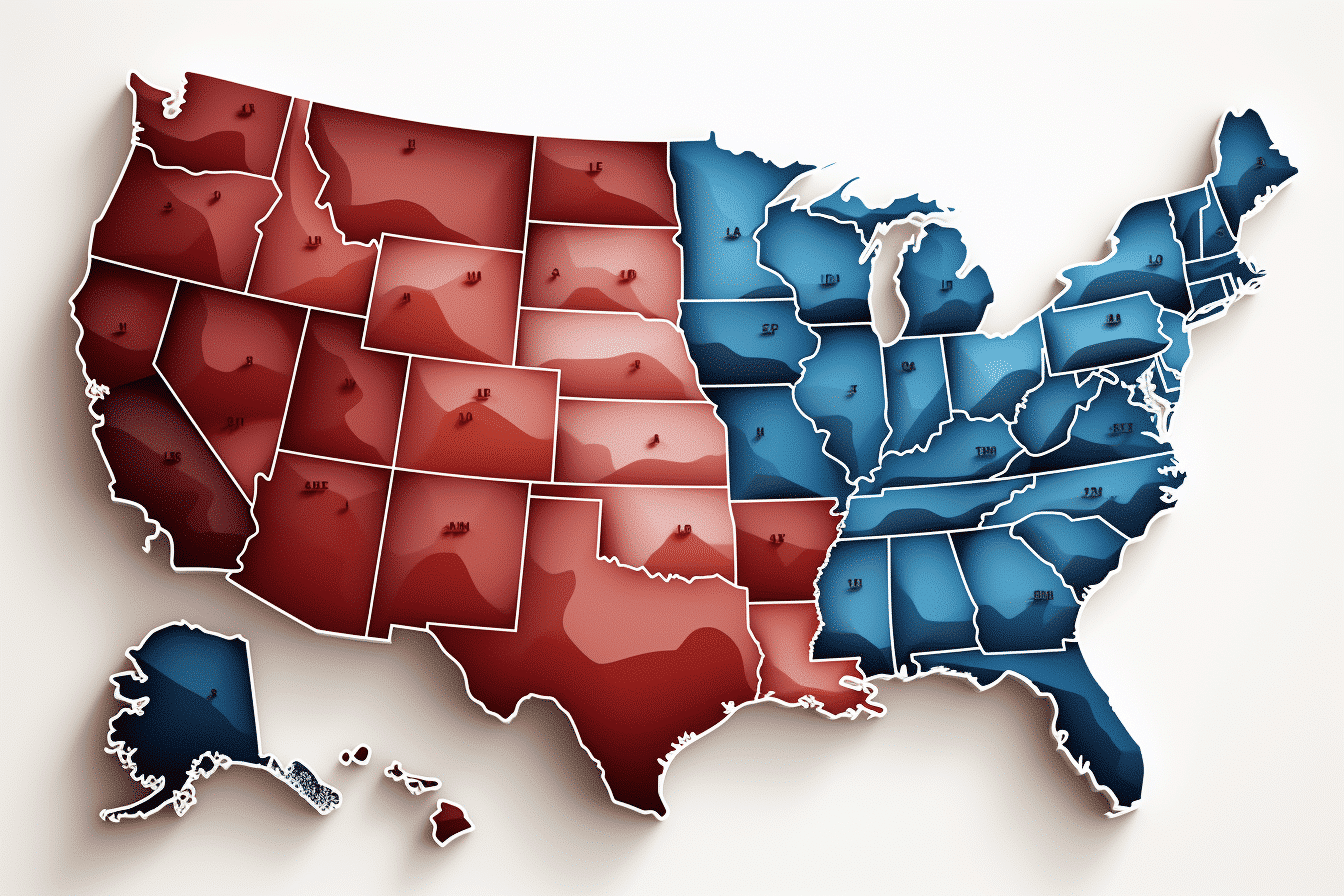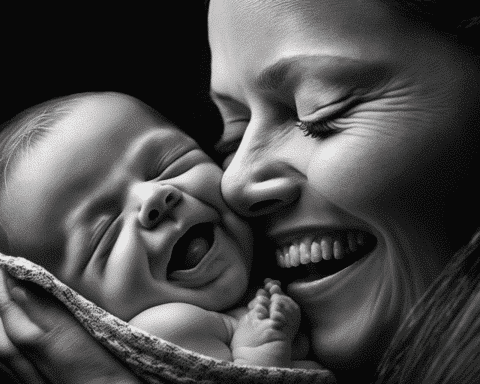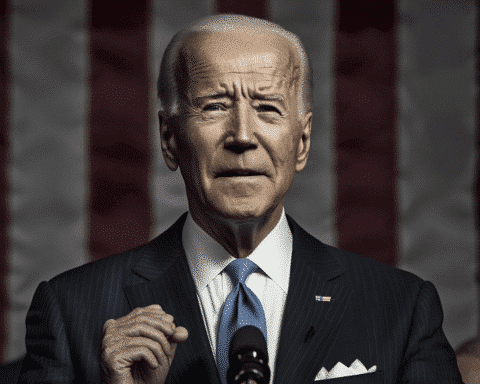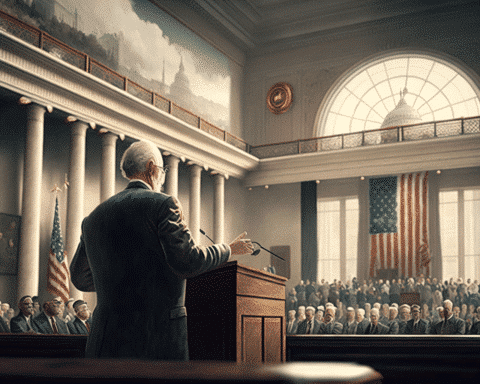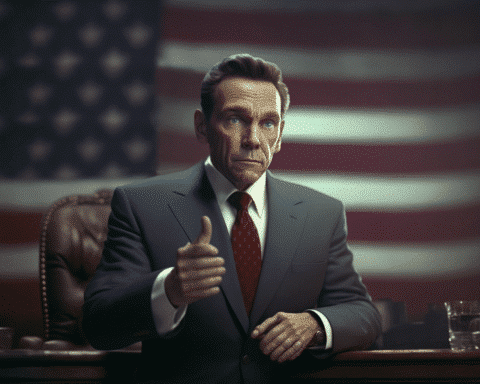The upcoming GOP presidential debate in Milwaukee places Wisconsin center stage, highlighting its importance as one of the dwindling true battleground states in the country.
The decision by the Republican Party to host the first debate in Milwaukee, followed by the national convention in less than a year, is a testament to Wisconsin’s significance in the political arena. Historical voting trends illustrate the state’s volatility: of the last six presidential elections, four were decided by less than a single percentage point. Both 2016 and 2020 witnessed extremely close battles, with Trump’s marginal win in 2016 and his subsequent narrow defeat in 2020.
Seasoned Republican strategist Stephan Thompson commented, “The political battlefield is always intense here.”
As per the Republican National Committee’s stipulations, participation in the debate demands candidates to fulfill certain donor and polling criteria and commit to supporting the final GOP candidate in the subsequent general election. Donald Trump, despite facing legal battles on multiple fronts, remains a notable frontrunner, though he’s announced his absence from the debate.
Prominent figures anticipated to participate include Ron DeSantis, Tim Scott, Nikki Haley, Vivek Ramaswamy, Mike Pence, Chris Christie, and Doug Burgum, among others. However, the final list is still being settled, with candidates having until Monday to verify their qualifications with the RNC.
The GOP nomination race officially kicks off in under five months, with the Iowa caucus leading the charge. The winning Republican candidate is slated to contest against President Joe Biden come November.
With shifting political allegiances across the U.S., traditional swing states like Ohio and Florida lean more Republican, while states like Virginia and Colorado are veering Democratic. This political dance leaves Wisconsin, accompanied by states like Georgia, Arizona, Pennsylvania, and Nevada, in a pivotal position to influence the outcome of the presidency.
Given Wisconsin’s strategic importance, Biden recently visited Milwaukee, emphasizing his job creation efforts in manufacturing. Additionally, a $25 million ad campaign spanning seven states, including Wisconsin, was recently announced by his campaign, signifying their efforts to counter Republican narratives.
The electoral significance of Wisconsin has a history dating back decades. For instance, the 2000 elections saw Al Gore winning the state by a mere 0.22% margin. This kind of slim victory margin has been a recurring trend in Wisconsin, emphasizing its balanced political landscape.
Recent developments have witnessed Democrats making inroads into traditionally conservative areas, especially in the Milwaukee suburbs. This shift, combined with population growth in progressive areas like Dane County, has balanced out the Republican stronghold in the rural regions.
According to Anthony Chergosky, a political science professor at the University of Wisconsin-La Crosse, “Wisconsin’s demographic blend of urban, suburban, and rural populations is ideal for a competitive political landscape.”
Recent victories in statewide elections have boosted the confidence of Wisconsin’s Democrats. These wins, however, have been tempered by Republican successes in the congressional and state legislature arenas.
As the presidential race heats up, Ron DeSantis has shown resilience despite national challenges. Trump, despite facing multiple indictments, remains a formidable contender. However, there’s evident division among Wisconsin Republicans regarding Trump, largely due to his refusal to accept his 2020 defeat and subsequent misinformation campaigns.
Tommy Thompson, a Republican stalwart, emphasized that Wisconsin Republicans are primarily focused on defeating Biden. He noted, “Ultimately, the goal is victory. That’s the bottom line.”
As the political landscape of America continues to evolve, Wisconsin emerges as a crucial bellwether, reflecting the nation’s broader ideological shifts and political battles. The coming months promise intense political strategies, campaign trails, and debates as both parties vie for Wisconsin’s loyalty. This state’s choices might not only decide the next presidency but could also provide insights into America’s future political trajectory.
